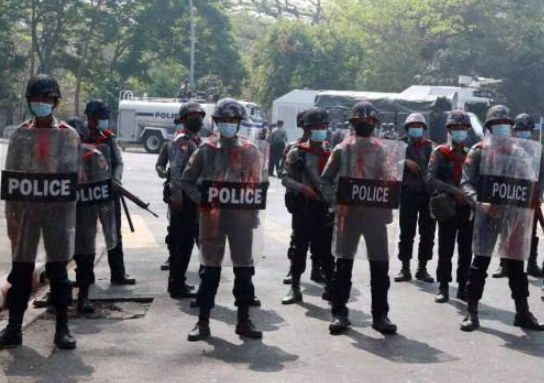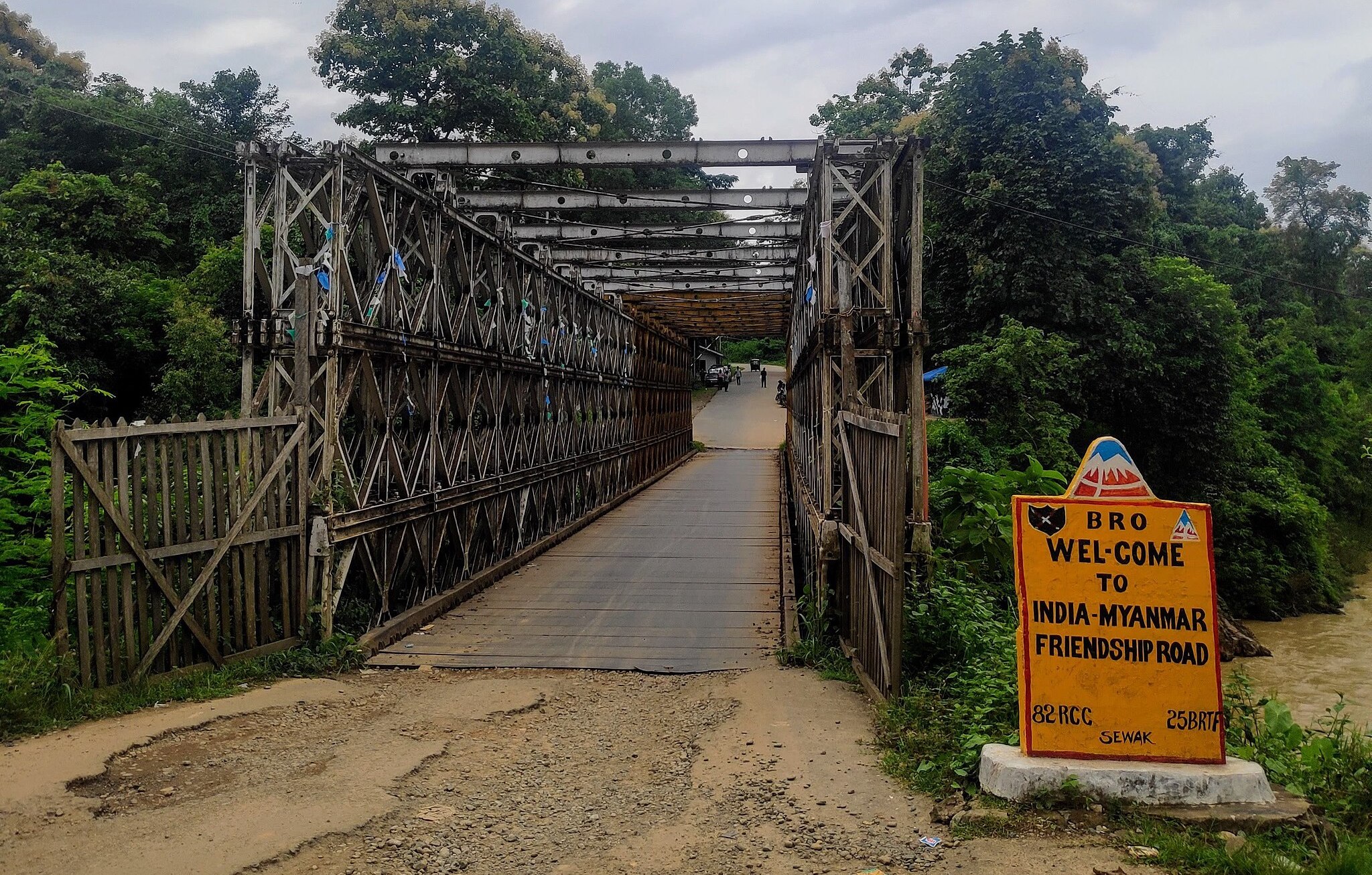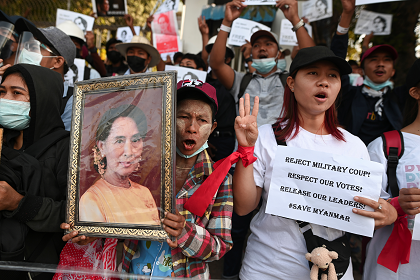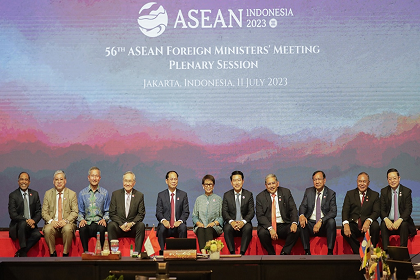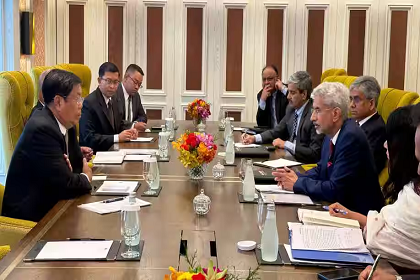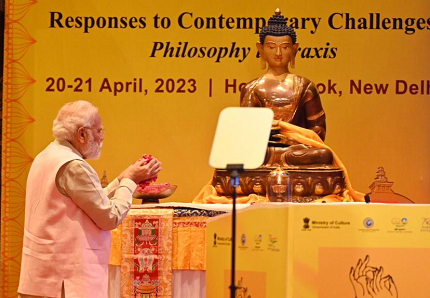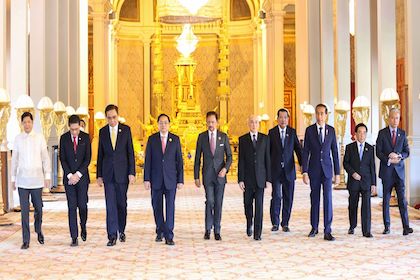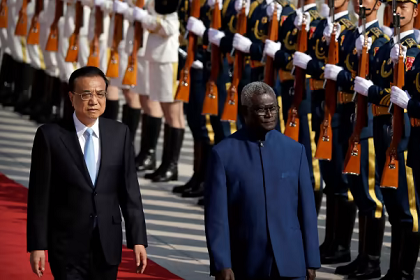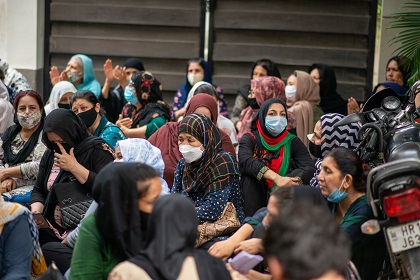India-Myanmar: Borderland Dynamics
The timeline records the daily instances and ongoing cross-border dynamics between India and Myanmar since the February 2021 military coup in Myanmar. It tracks the events taking place in the eight states along the Indo-Myanmar border—four states in India (Arunachal Pradesh, Nagaland, Mizoram, and Manipur) and four in Myanmar (Kachin, Sagaing, Chin, and Rakhine), revealing their social, political and economic interconnectedness.


